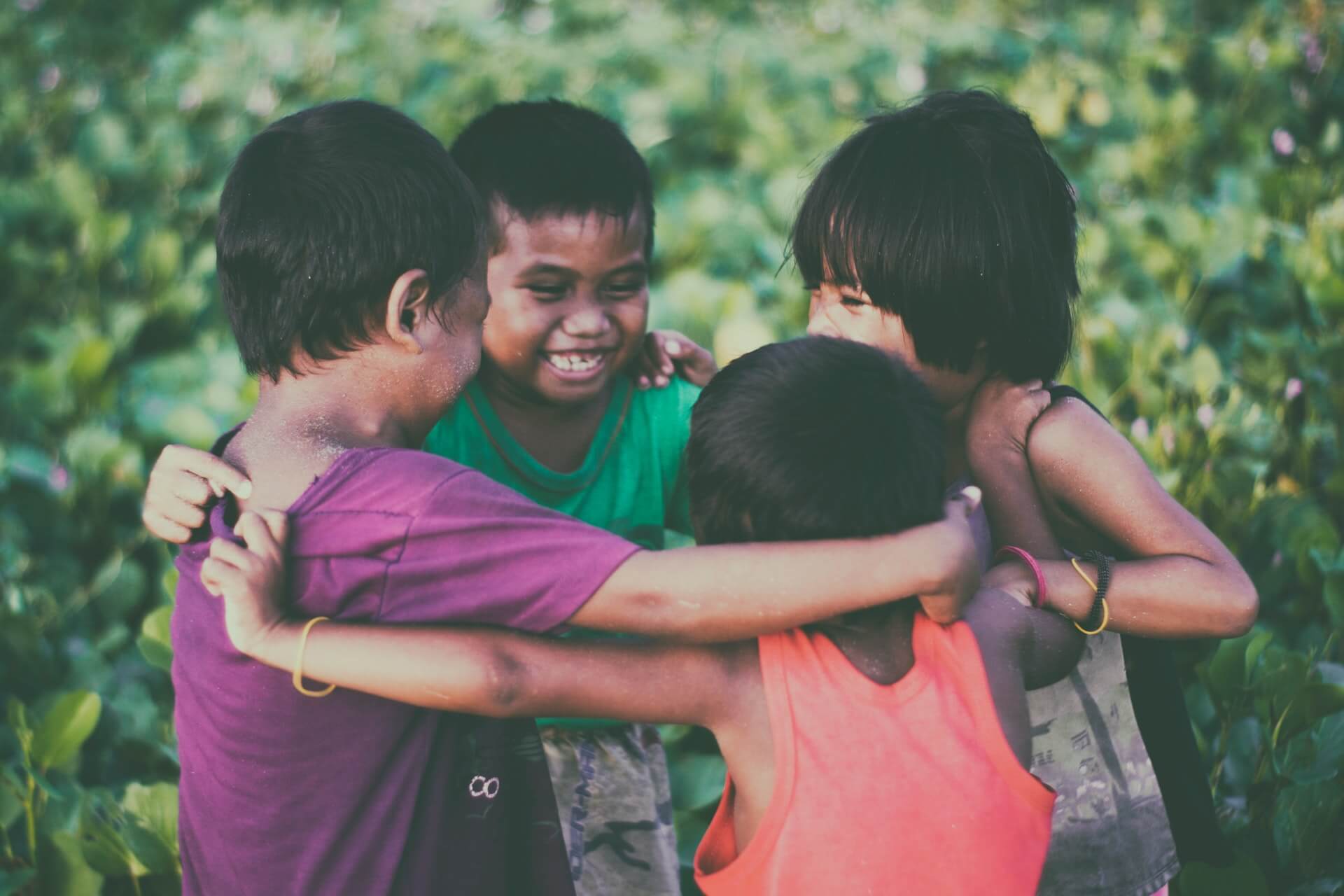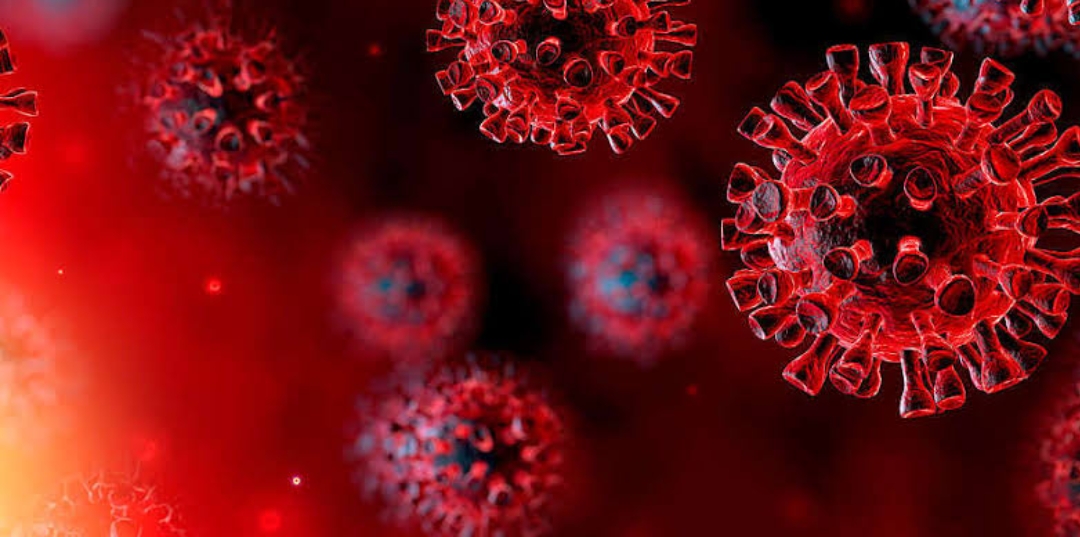
World Autism Awareness Day: Why acceptance must be prioritized?
April 2 is observed as World Autism Awareness Day. World Autism Awareness Day raises awareness about autism, educate people and protect the rights of people with autism. Autism, also called autism spectrum disorder (ASD), is a complicated condition that includes problems with communication and behavior. Autism symptoms typically become clearly evident during early childhood, between 12 and 24 months of age. However, symptoms may also appear earlier or later.
The exact cause of autism is unknown. The most current research demonstrates that there’s no single cause.
Some of the suspected risk factors for autism include:
- Having an immediate family member with autism
- Genetic mutations
- Being born to older parents
- Low birth weight
- Metabolic imbalances
- Exposure to heavy metals and environmental toxins
There are no “cures” for autism, but therapies and other treatment considerations can help people feel better or alleviate their symptoms.
Many treatment approaches involve therapies such as:
- Behavioral therapy
- Play therapy
- Occupational therapy
- Physical therapy
- Speech therapy
Massages, weighted blankets and clothing, and meditation techniques may also induce relaxing effects. However, treatment results will vary.
Autism is an aspect of a person. It is not the entire scope of existence of an individual nor the only descriptive element of one’s personality or abilities. Often times when someone shares that they have autism or someone they know by way of friendship or family has autism, the discussion stops there. The curiosity to inquire further about passions, interests, schools, work, or relationships is stunted by assumption, sympathy, and awkwardness. The label so often shadows people’s objectivity to connect and interact naturally. This sense of isolation expands to not only how the individual with autism is treated but their whole family. We know the challenges many families deal with to advocate for their loved ones. We also must pay attention to the joys, observations and experiences of those with developmental differences.







